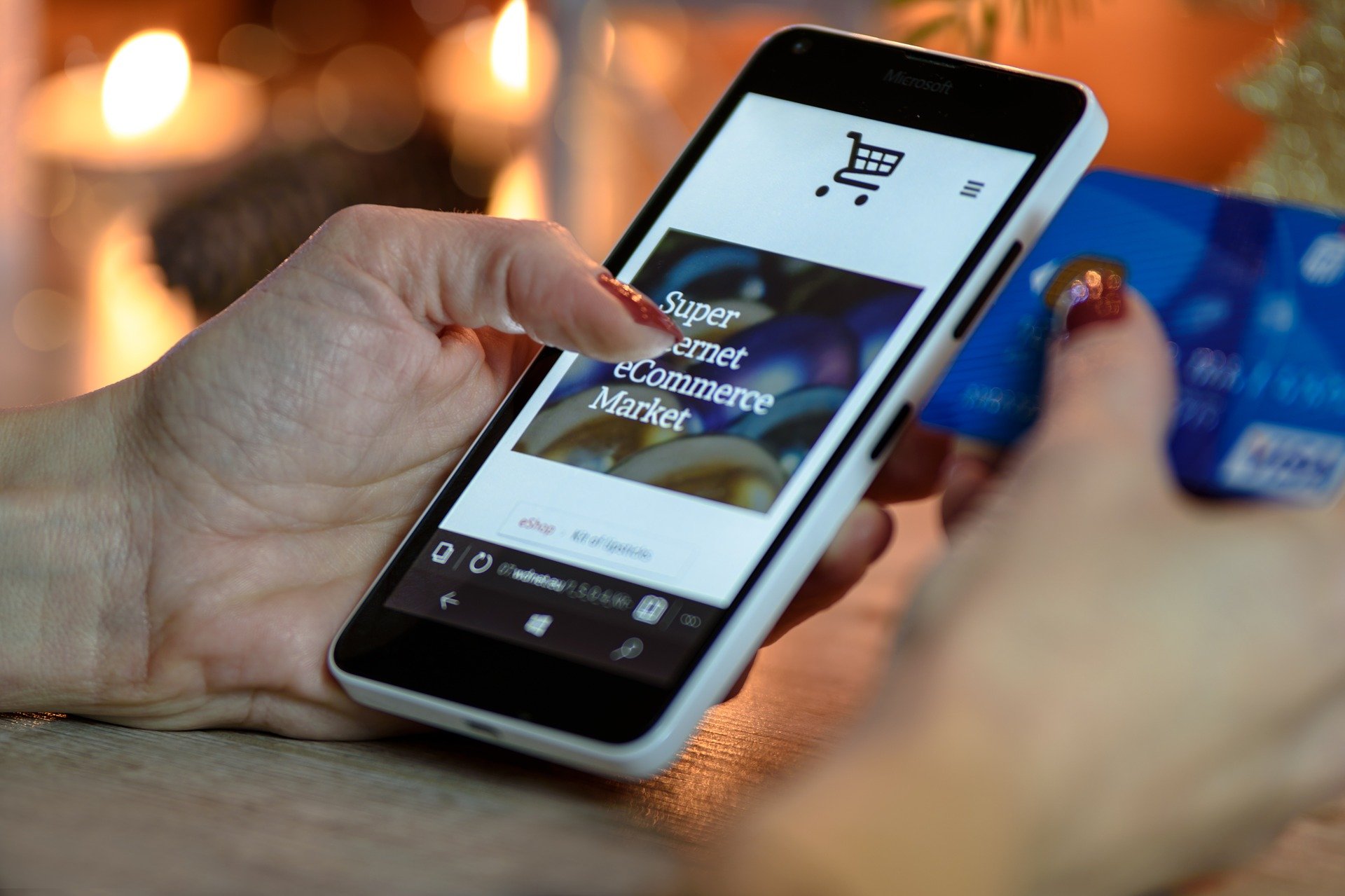Why shoppers are losing faith in popular Buy Now Pay Later providers
Posted on in Business News , Cycles News , Creative News
 Popular Buy Now Pay Later (BNPL) providers have once again made the headlines across multiple news sites for the growing amount of distrust being triggered among consumers.
Popular Buy Now Pay Later (BNPL) providers have once again made the headlines across multiple news sites for the growing amount of distrust being triggered among consumers.
Unsolicited emails and soft searches reported
A recent article published in The Times whereby the popular BNPL firm Klarna was accused of checking up on customers even if they don't want a loan. This was due to multiple concerns being raised by customers who had seen Klarna's name on their credit scores immediately after paying for things up-front online.
The handling of data collection by Klarna at checkout is already under investigation by the British data watchdog, the Information Commissioner's Office (ICO), after people complained last month that they had received unsolicited marketing emails after Klarna processed their payments.
The growing demand for online products and services has fuelled a rapid increase in the use of BNPL providers. Only last year, Klarna became one of the largest fintech start-ups in Europe after a new funding round valued the Swedish payments group at $5.5 billion. It has backing from H&M, the world's largest clothing retailer in terms of revenue.
For anyone buying clothes online from Cos, on of H&M Group's brands in the UK, the default payment method is to take out a one-month interest-free credit del with Klarna. Concerns have been raised about whether having this as the default option may lead people into debt.
The next option is to pay with a Visa, Mastercard or American Express- all of which are payments that are also handled by Klarna. Georgia Philling, a 27-year-old brand manager from Manchester, chose to pay for her purchase for a t-shirt from Cos up-front rather than by using the BNPL service, yet still later discovered that Klarna had carried out a search on her credit score when she bought the item. She said of the situation: "I paid for this using my debit card so I don't know why Klarna need that level of detail about me. It feels very naughty".
Klarna does not warn people during the checkout process that it will search their credit files even if they choose to pay up-front. Its privacy policy explains that it has a "legitimate interest" in looking at this information.
Consumers left feeling disgusted and concerned
Sarah Manavis from NewStatesman, a progressive political and cultural magazine, also took an interest in Europe's most popular BNPL provider, and investigated why Klarna's millennial customers are losing faith in the company's promise of fast, fearless online shopping.
Manavis spoke to one of Klarna's frequently returning customers, Lily, who viewed the service as a "lazy" way to shop online without thinking about the consequences.
"Klarna enabled me to buy things I didn't need", said Lily, "because I didn't have to think about paying there and then." Lily used Klarna for only just over a year, but made purchases so regularly, she said it felt like she'd used it her entire life.
Lily felt that Klarna was "legit" because it was everywhere. Since 2019, it's been hard to visit a mainstream fast-fashion website and not be offered Klarna as a payment option. The sight of its bubblegum-pink logo was exciting to Lily. It became her mainstay, her primary payment method for nearly all her online purchases.
Then, in August, a few weeks after buying some clothes on Asos, Lily logged onto Klarna to pay for them. But despite repeated attempts at payment - what she believed was due to a technical glitch - the money wouldn't go through. She got in touch with Klarna, explained the issue, and even arranged to send the £57 she owed via bank transfer. Once she'd sent the money, along with a confirmation of payment from her bank, she thought the problem had been resolved. But, four months later, Klarna wouldn't accept that Lily had made the payment. She feels "disgusted" at what happened and is concerned at what an outstanding debt might mean for her financial future.
Lily's story is not unique. The consumer website Resolver reported earlier this year that it had received 15,950 complaints about various BNPL services in less than two years. Some users report being threatened with debt collectors for years despite sending money. Others report having their credit scores damaged by missed payments on sums of less than £100.
A growing mistrust stemming from improper regulation
While there is evidently an increasing number of concerns being raised, a major issue with some BNPL providers such as Klarna, is that they are not authorised by the UK's Financial Conduct Authority (FCA) but use "passported" permissions from their own countries to operate in the UK. While Klarna is regulated by the Swedish Financial Supervisory Authority, there are calls for all BNPL products to be regulated in the UK. On Klarna's pay-later products, there is no legal compulsion to include risk wording on adverts and at checkout and accordingly she observes there is therefore "no counter balance to this genius marketing".
The lack of UK oversight combined with the fast growth of BNPL providers has resulted in numerous instances of confusion over consumer credit checks and fees, potentially leading to long-term impact upon an individual's ability to borrow in the future where they get into arrears now.
The growing levels of debt being created by Klarna and other providers has led to calls for BNPL providers to take on more responsibility in their evaluations of who should be accepted for their lending services.


